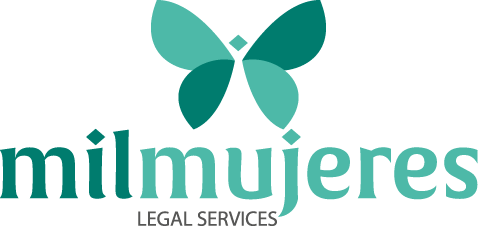By:
Northern Illinois Recovery Center
Although there are many treatment benefits for
people who struggle
with addiction and their families, there are two considerations that emphasize treatment importance. First, it is important to understand that people with addiction often have a co-occurring disorder. Also, addiction is a brain disease and not a choice. Understanding these two factors can also help families understand their struggling loved ones better.
Dual Diagnosis Treatment: Addressing Mental Health and SUDs
As the name suggests, a dual diagnosis treatment plan focuses on treating both disorders. This is important since an underlying mental health condition may lead a person to use a substance. For example, a person who has depression may turn to cocaine to self-treat symptoms. In dual diagnosis treatment, mental health professionals help a person stop using a substance and treat an underlying mental health issue properly. This approach is important to reduce the risk of relapse, which is higher among people who need dual diagnosis treatment and do not receive it.
Addiction: A Brain Disease
When someone uses a substance, it changes how the brain perceives pain, pleasure, and other signals. People can develop a tolerance to a substance, and they wind up using more to experience the same effects. When this happens, their bodies can become dependent on substances. Addiction happens when a person is no longer able to stop using a substance even if they know and acknowledge its dangers and negative effects. The reason it is called a brain disease is that it alters the brain, and the effects are visible even after a substance is gone from the body. Professional treatment is necessary to overcome addiction.

If you want to learn more, please visit:
https://www.northernillinoisrecovery.com/resources/

